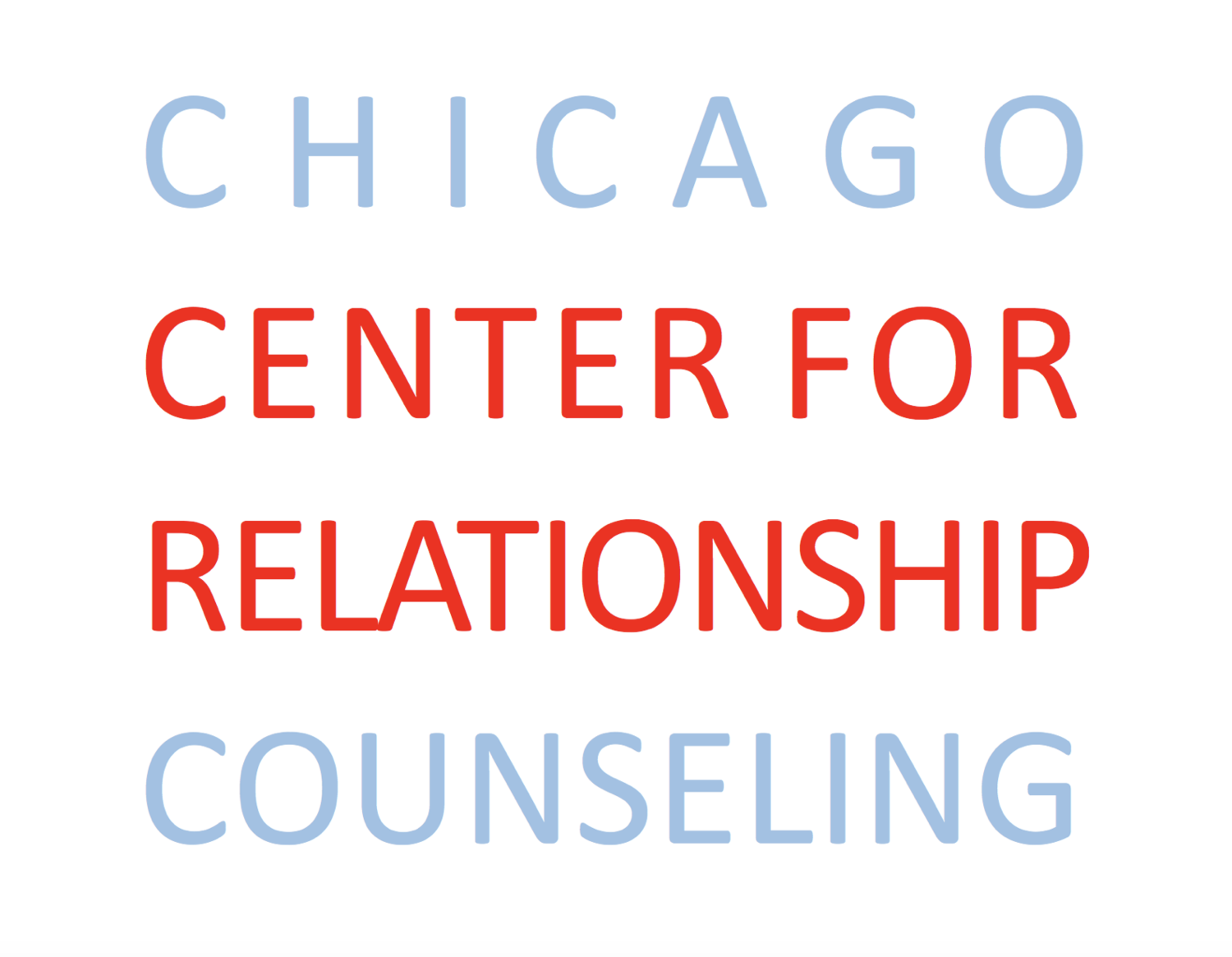Calming our Inner Critic with Curiosity
If you are like most of the population, you have an inner voice or part of you that is a tad bit (or a lot bit) self-critical. There is not a day that passes that my inner critic doesn’t have something to say, nor a session with a client that their inner critic doesn’t appear in some way. Inner critics are pervasive and persistent! The problem is, we’ve been living with them so long that we become very accustomed to their presence and often don’t realize how much they are affecting us in less-than-helpful ways.
Some examples of what an inner critic might say to us…
· What’s wrong with you?
· Why are you so (insert what you are feeling here…tired, sad, frustrated)?
· You should be able to handle this.
· That was a stupid thing to do/say/think.
· You’re lazy/stupid/a mess. Get it together!
· You’re behind. Everyone else is doing better.
· You’re failing.
· You should have done better.
· You should have made a different choice.
· You should be doing (insert task or behavior here).
· You’ll never make it.
· Everyone else has this figured out.
· “Normal” people don’t do this.
It’s heavy just to read all those statements, isn’t it? And how does it make us feel when we say them to ourselves repeatedly? Sometimes, we are so familiar with our inner critic that we might not even notice how it is influencing our mood and making us feel.
Now, imagine if another person walked into the room and said the same things to us that our inner critic is saying. How would that feel? Would we allow someone else to speak to us that way? And if we wouldn’t allow someone else to speak to us that way, should we allow ourselves to?
It can help to externalize our inner critic as a way to shift our thinking into something more helpful. You can start by, as above, pretending the inner critic is another person. Once you’ve done that, you can interact with the inner critic instead of just absorbing and accepting what it says.
Sometimes when we do this, we are can more easily challenge what the inner critic is saying. We might be able to talk back and say something like, “That’s not true,” or “that’s not helpful right now,” or “Back off.” Any of these types of responses can allow us the space to move forward with the moment without the weight of judgment.
Other times, it can be helpful to get curious with our inner critic. This takes a little more time, but allows us to better understand our inner critic, which can help us gradually shift its voice over time, reduce its frequency, or increase the speed at which we process and move forward each time. Next time your inner critic shows up, try externalizing as described above, and sit them in a chair across from you and ask these questions:
Question to Inner Critic: What purpose do you serve? What are you trying to accomplish?
Question to Inner Critic: What are you trying to protect me from?
Question to Yourself: How do these messages affect me/make me feel?
Question to Both: Can we accomplish your goal/intent in a different way?
Here is a brief example of how that might look in practice. I am sitting on the couch and my inner critic says, “Why are you being so lazy? You should get your butt off the couch and do something.” I notice this familiar voice, externalize my inner critic, and ask the questions…
Q: What purpose do you serve? What are you trying to accomplish?
A: I am trying to motivate you.
Q: What are you trying to protect me from?
A: I am trying to keep you from feeling bad about not accomplishing your goals/tasks.
Q: How do these messages affect me/make me feel?
A: I feel like I’m failing. I feel heavy and not good enough.
Q: Can we accomplish your goal/intent in a different way?
A: Yes. I can encourage myself with kinder words. I can ask myself if it would be helpful to do something instead of judging and pressuring. I can acknowledge my capability. I can think about how good I will feel AFTER I do something. I can create other tools to support and positively reinforce my goals/tasks, and I can give myself permission to take breaks when I need them.
Now, instead of yelling at myself to motivate, I can see that yelling at myself does NOT make me feel motivated, and explore what would be helpful instead. And the more I do that, the more I will develop NEW habits that are more helpful than the inner critic’s approach.
Lifting and shifting the inner critic may not solve every problem or address every underlying cause, but it will make a difference. Alleviating one layer pain and pressure may allow you to better address and tackle other challenges. For instance, if you stop poking at an open wound, that alone won’t heal the wound, but it will reduce the pain and allow for healing to happen.
But don’t just take my word for it…Give it a try and see how it feels. Start by simply noticing your inner critic when it shows up…start to identify the phrases it tends to repeat. Then try externalizing, and then engage the inner critic with curiosity. From there, you just might find kinder and more effective ways to interact with yourself and accomplish whatever healing or progress you (and your inner critic) seek.
Photo by cottonbro: https://www.pexels.com/photo/photo-of-a-sad-girl-holding-paint-brush-3778361/



